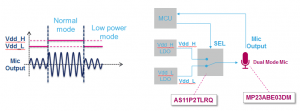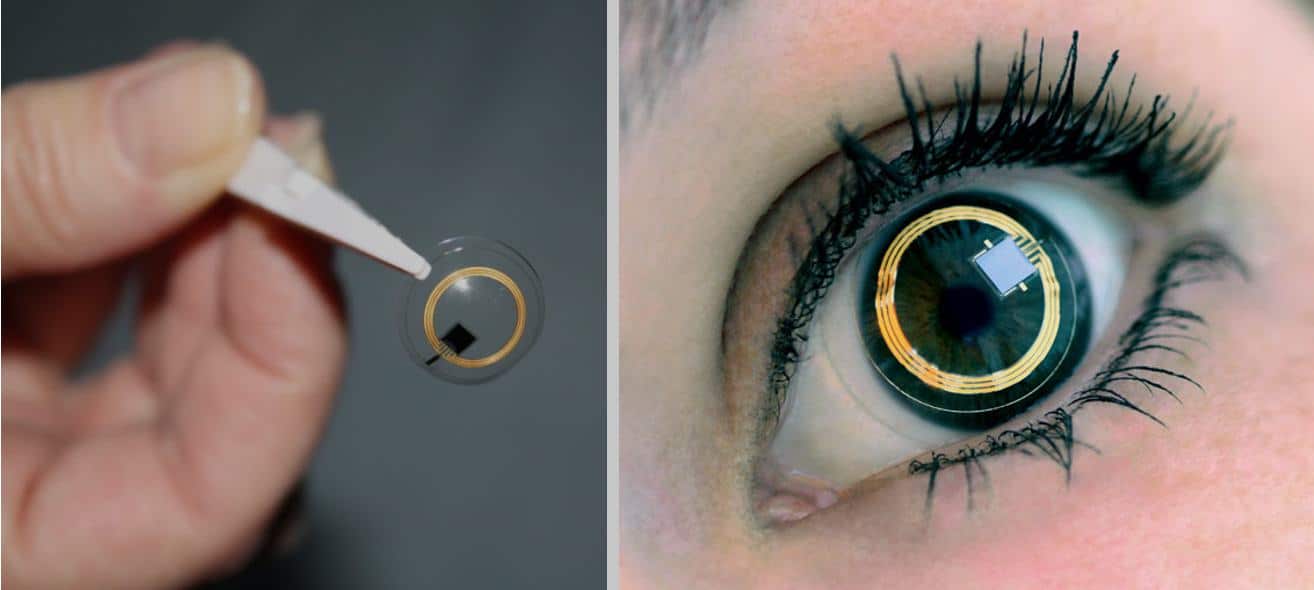Enviroment Sensors
Pressure Sensor
Pressure sensor can detect earth’s atmospheric pressure. This feature can be used to implement barometer and altimeter. LPS25HB pressure sensor from STMicroelectronics is so accurate that it can even be used to tell the floor of building accurately. This feature can be used to implement indoor navigation, augmented reality and 3D GPS.
Humidity Sensor
Humidity sensor can detect humidity parameter which can be used at weather station, condensation level monitoring, air density monitoring and gas sensors measurement correction. It can also be used in HVAC and respiratory equipment.
ST has introduced a humidity sensor which includes a sensing element and an analog front end to provide the measurement information by digital serial interface. The sensing element consists of a polymer dielectric planar capacitor structure able to detect relative humidity variations.
The complete measurement chain consists of a low-noise capacitive amplifier, which converts the capacitive unbalance of the humidity sensor into an analog voltage signal, and an analog-to-digital converter is used to generate digital information. The converter is coupled with a dedicated Hardware (HW) averaging filter to remove the high frequency component and reduce the serial interface traffic.
UV Sensor
UV Sensor is used to detection the ultraviolet radiation and targeted to be used in Smartphone, tablet and wearable. It can also be used in Industrial applications such as UV index measurement and weather station equipment.
The UVIS25 is a digital UV sensor to provide an accurate measurement of the Ultraviolet radiation index (UVI) from the sunlight. It includes a sensing element and a mixed signal ASIC to provide the UV Index data by digital serial interfaces.
The sensing element consists of an embedded photodiode. It is extremely stable over time and able to sense the UV-A and UV-B solar radiation erythema weighted. The IC interface is manufactured using a standard CMOS process that allows a high level of integration to design a dedicated circuit that is trimmed to better match the sensing element characteristics
MEMS Microphone
MEMS Microphone is audio sensor that converts sound signals into electrical signals. MEMS Microphones are increasingly preferred over conventional microphones as they offer higher SNR, small form factor, digital interface, better RF immunity and high robustness against vibration.

Microphone makes the interaction easier, faster and smoother. It also enables fashionable and stylish designs by reducing the number of buttons.

Next microphones trend is to allow dual mode operations
- Sniffing/low power mode: the device reduces the power consumption at minimum whilst guaranteeing an adequate set of performances for voice activity detection
- Normal mode: the acoustical parameters are set to the optimal level for voice control applications
Conclusion
MEMS is not only integrated part of Smartphone and Tablet but also conquering new territories such as Automotive, healthcare, IOT and wearable. There will be several challenges such as better reliability, filtering noise, ultra-low power and shrink form factor. Presences of wireless technologies are also adding lot of scope of innovation. ST is committed to be at the fore front of developing of MEMS and Sensors and support them with a complete system solution with its offering in Analog and power management.












